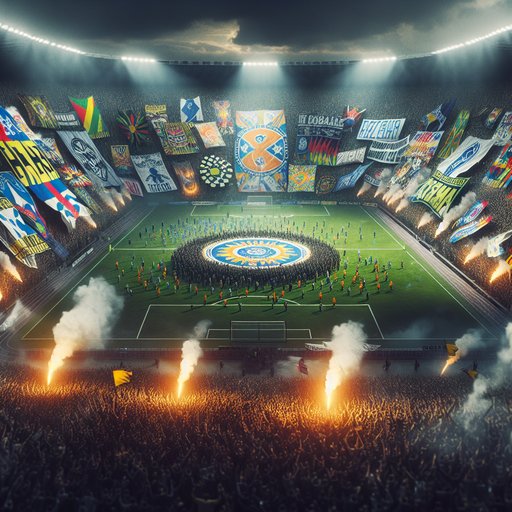
In a significant show of collective action, over 400 European football supporter groups have joined forces to challenge plans for Barcelona to play a competitive match in Miami. The unprecedented unity among fan organizations demonstrates growing resistance to the commercialization of football and attempts to stage domestic league games outside their traditional home countries [1].
The coordinated appeal to FIFA and UEFA represents one of the largest organized fan actions in recent football history, highlighting supporters' concerns about maintaining the sport's traditional values and local connections. The fan groups argue that moving regular season matches abroad primarily serves commercial interests while disregarding the needs and wishes of local supporters who form the backbone of club football.
Meanwhile, tension between ultras and players was evident during a recent Rayo Vallecano versus Barcelona match, which ended in a 1-1 draw. Rayo's ultra supporters prevented Barcelona players from giving away their shirts after the game, demonstrating the complex relationship between passionate fan groups and modern football culture [2].
In Italy, the relationship between ultra culture and societal norms continues to evolve, as evidenced by a recent case where an ultra supporter was dismissed from his job following a criminal conviction for insulting police officers [3]. This incident highlights the increasing scrutiny faced by ultra groups and the potential personal consequences of extreme fan behavior.
The growing tension between traditional fan culture and modern football's commercial aspirations reflects a broader debate about the future of the sport. While clubs seek to expand their global reach and financial opportunities, organized supporter groups are becoming more vocal in their efforts to preserve football's traditional values and community connections.
























